Remember when our vocabulary was sprinkled with colorful expressions that made conversations pop? Those classic slang words from the ’80s, ’90s, and early 2000s still hold a special place in our hearts. While today’s teens might roll their eyes at these dated terms, those of us over 25 continue to drop these linguistic gems in our daily chats, texts, and social media posts.
1. Rad
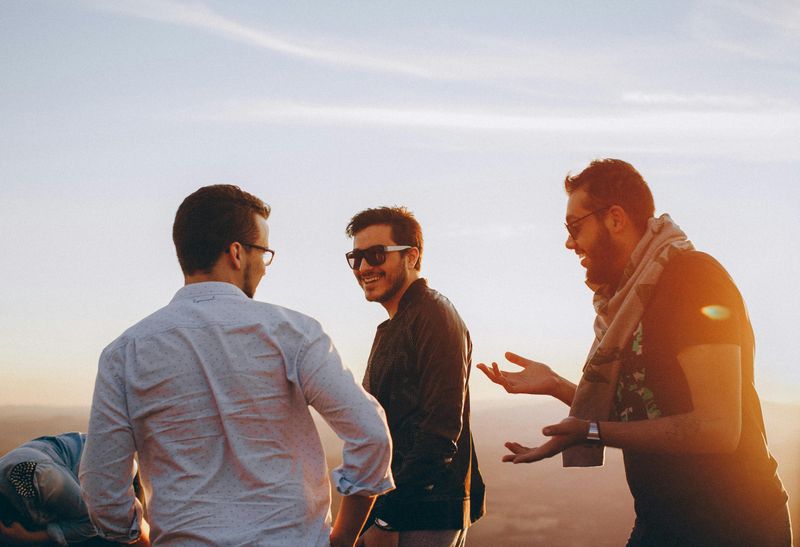
Surfers first coined this abbreviated form of “radical” in the 1970s, but it exploded in popularity during the 1980s. Everyone from skateboarders to valley girls used it to express amazement or approval.
Parents would cringe when their teenagers described everything from new sneakers to math teachers as “totally rad.” The term experienced a brief revival in the early 2000s as part of the retro trend, and many millennials still can’t help but use it when something truly impresses them.
2. Dope
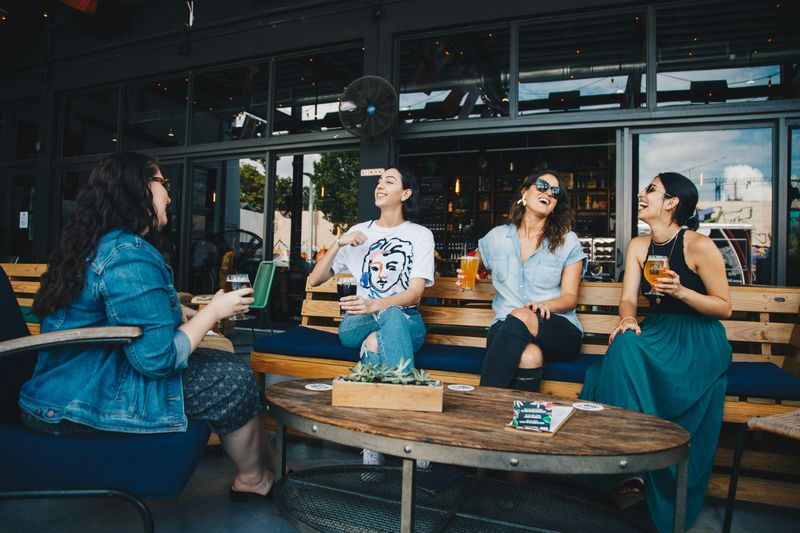
Originally referring to drugs in the 1950s, this versatile slang term evolved in the 1980s hip-hop scene to describe something excellent or impressive. Run-DMC and other pioneering artists frequently dropped it in their tracks.
By the 1990s, everyone was calling cool sneakers, music, or movies “dope.” The word persisted through decades, unlike many flash-in-the-pan expressions. Today, many 30-somethings still exclaim “That’s dope!” when impressed, confusing their younger colleagues who associate the term with different meanings.
3. Phat

Spelling “fat” with a “ph” transformed this word into a compliment during the hip-hop golden era of the 1990s. Artists like Queen Latifah made the term mainstream with tracks like “Ladies First.”
Rumored to stand for “Pretty Hot And Tempting,” the word described anything stylish or impressive. Baggy jeans? Phat. New mixtape? Phat. Your mom’s home cooking? Surprisingly phat! The term faded as the 2000s progressed, but Gen X and older millennials still occasionally describe something particularly impressive as “phat” with a knowing smile.
4. Fly

Long before things were “on fleek,” they were “fly.” This versatile term emerged from African American Vernacular English in the 1970s but soared to mainstream popularity in the late 1980s and early 1990s.
Your outfit could be fly. Your haircut? Super fly. Even your attitude might be described as fly if you carried yourself with confidence and style. The term got an extra boost when Will Smith’s character used it repeatedly in “The Fresh Prince of Bel-Air,” cementing its place in pop culture history.
5. Fresh
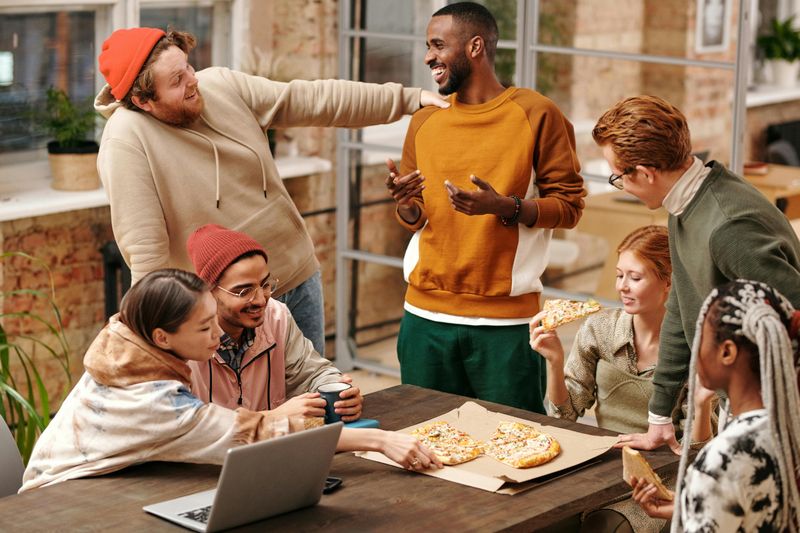
“Looking fresh” meant your style game was on point back in the day. This versatile slang term gained serious momentum in the 1980s hip-hop scene, describing new, cool, or impressive things.
DJ Jazzy Jeff & The Fresh Prince helped popularize the term with their hit “Fresh Prince of Bel-Air.” Your new kicks could be fresh, your haircut could be fresh, even your attitude could be fresh if you approached life with confidence and originality. Many 30+ adults still describe new purchases or good ideas as “fresh” without a second thought.
6. Word

“Word” emerged from hip-hop culture in the 1980s as a powerful expression of agreement or affirmation. Instead of simply saying “I agree” or “that’s true,” people would emphatically state “Word!” to show solidarity with a statement.
The term gained mainstream popularity through rap music and films like “Do the Right Thing.” Its simplicity made it versatile – it could be a question (“Word?”), an exclamation (“Word!”), or even extended (“Wooooord”). Many adults who grew up in the 80s and 90s still instinctively respond with “Word” when strongly agreeing with someone.
7. Buggin’
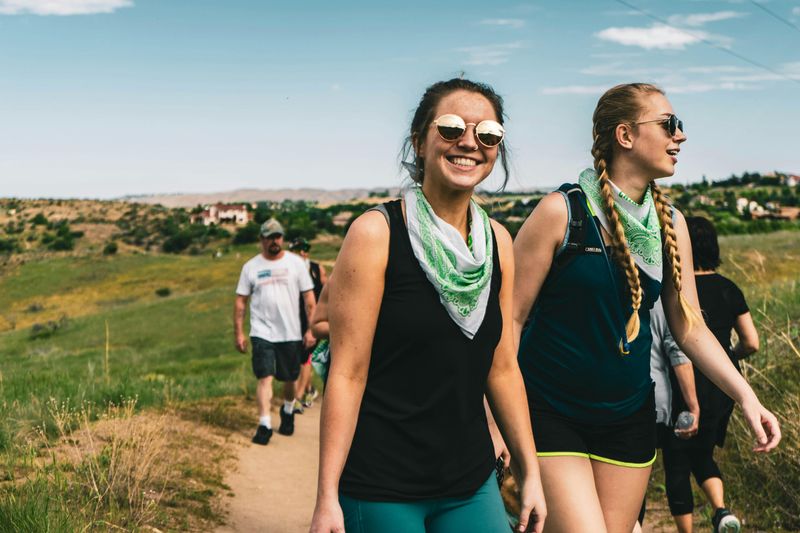
When someone was acting crazy or overreacting in the 1990s, they were definitely “buggin’.” This expressive term emerged from New York City youth culture and quickly spread through hip-hop and R&B music.
Artists like LL Cool J helped popularize the phrase with lyrics referencing people who were “buggin’ out.” The term perfectly captured that feeling when someone was being unreasonable or bizarre. Even today, many 30-somethings might exclaim “You’re buggin’!” when a friend suggests something outlandish or makes an unreasonable request.
8. Chill
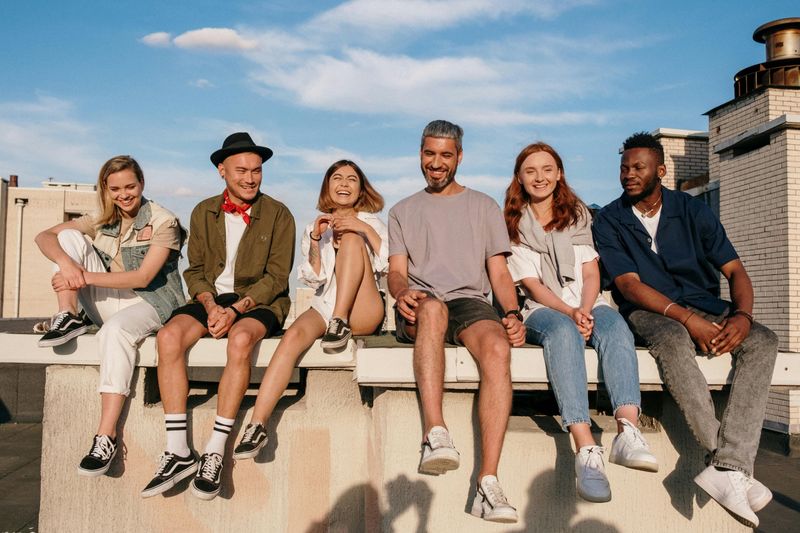
Before Netflix and “chilling” took on new meaning, “chill” was the ultimate command to relax or calm down. The versatile term gained mainstream popularity in the late 1980s and early 1990s, perfectly capturing the laid-back attitude of the era.
“Dude, chill!” became the go-to phrase when someone was getting too worked up. The word evolved to describe relaxing activities too – “We’re just chilling at Mike’s house.” Unlike many slang terms that fade quickly, “chill” has remarkable staying power, with adults of all ages still using it regularly in its original context.
9. Homey

More than just a friend, a “homey” (sometimes spelled “homie”) was someone from your neighborhood or inner circle you could truly count on. The term originated in African American and Latino communities before being embraced by mainstream culture in the late 1980s.
Hip-hop artists frequently referenced their “homeys” in lyrics, cementing the term in pop culture. The popular TV show “In Living Color” featured the recurring characters “The Homeboy Shopping Network,” further popularizing the expression. Many adults who came of age in the 90s still affectionately refer to their closest friends as their “homeys.”
10. Booyah!
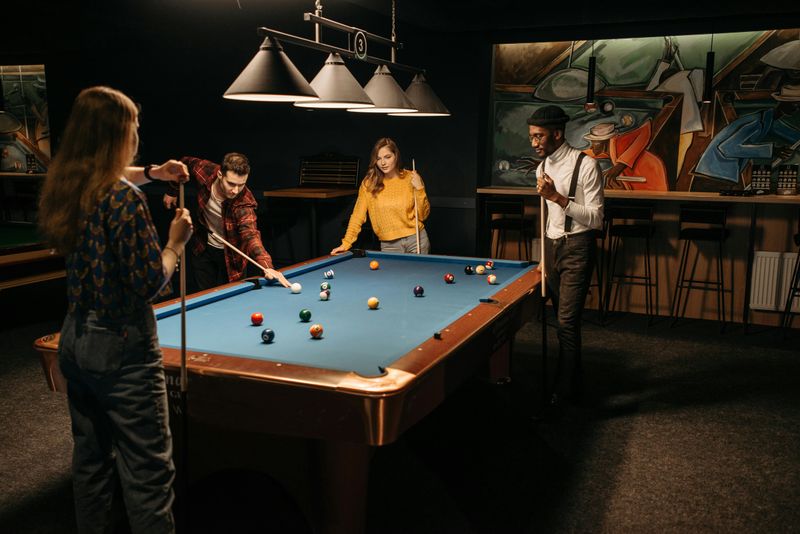
Nothing captured triumph quite like shouting “Booyah!” This energetic exclamation burst onto the scene in the 1990s, popularized by ESPN SportsCenter anchor Stuart Scott. Athletes and fans alike adopted it to celebrate victories and amazing plays.
The term quickly transcended sports, becoming a universal expression of excitement or success. Aced a test? Booyah! Got a date with your crush? Booyah! While younger generations might find it cringey, many adults who grew up in the 90s still can’t help but let out an enthusiastic “Booyah!” when something goes their way.
11. Bust a Move
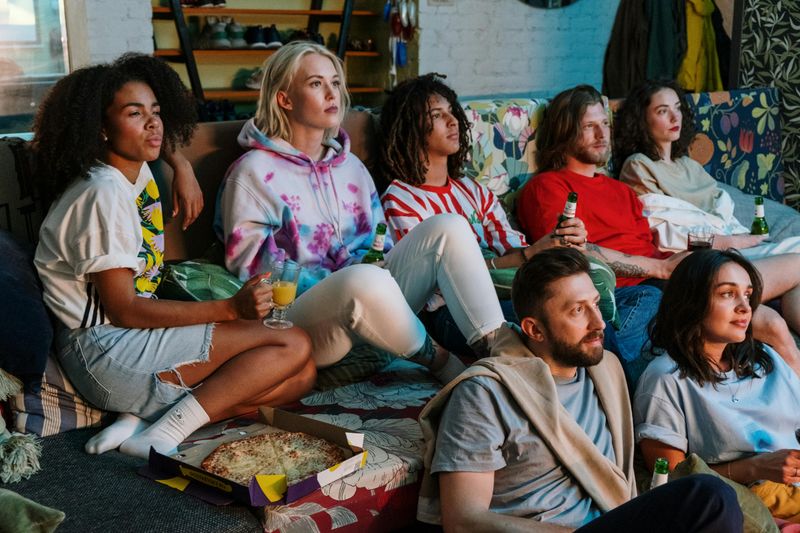
When the DJ played your jam in the 1990s, there was only one appropriate response – you had to “bust a move.” This vibrant phrase for dancing took off after Young MC’s 1989 hit single of the same name topped the charts.
The expression wasn’t limited to the dance floor, though. “Busting a move” could mean taking action in any situation that required boldness. Friends might encourage hesitant buddies to “bust a move” when approaching a crush or applying for a job. Many 30+ adults still use this phrase when encouraging friends to take action or hit the dance floor.
12. Kickin’ it
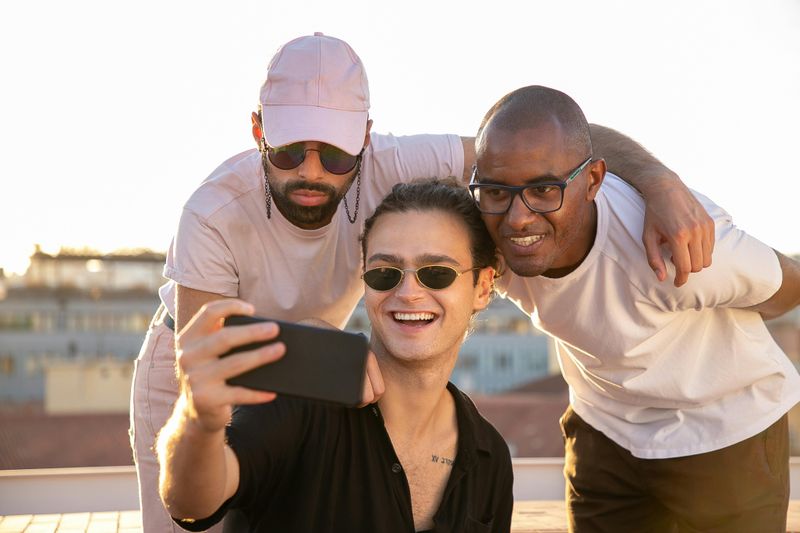
When friends were “kickin’ it” in the 1990s, they weren’t actually kicking anything – they were just hanging out. This relaxed expression perfectly captured the casual social vibe of the decade, often heard in phrases like “We’re just kickin’ it at Jason’s place.”
The term gained extra popularity when Disney Channel launched the show “Kickin’ It” in 2011, though with a different meaning. The original slang remains strong among those who grew up using it. Many millennials and Gen Xers still text their old friends asking if they want to “kick it” this weekend, confusing younger colleagues who might picture something more aggressive.
13. Off the Hook

Long before things were “lit” or “fire,” they were “off the hook.” This explosive phrase described anything extraordinarily impressive or exciting during the 1990s and early 2000s. The expression originated from the image of a telephone receiver off its hook – suggesting something so wild it couldn’t be contained.
Parties, concerts, outfits, and performances could all be described as “off the hook” if they exceeded expectations. The phrase appeared in countless rap lyrics and teen movies of the era. Many adults who came of age during this period still describe particularly amazing experiences as being completely “off the hook.”
14. Word Up
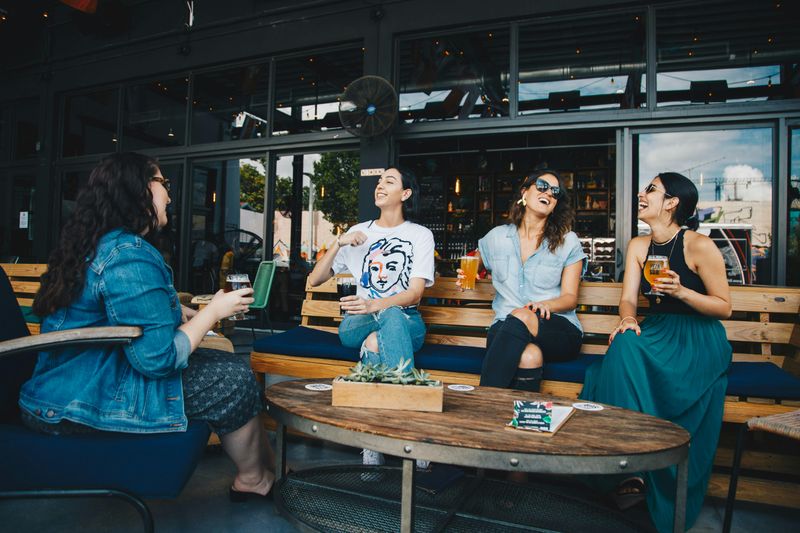
“Word up” functioned as both a greeting and an expression of strong agreement in 1980s and 90s urban culture. The phrase gained massive popularity after Cameo’s 1986 hit song “Word Up!” topped charts worldwide.
The versatile expression could start a conversation – “Word up, how you been?” – or affirm someone’s statement – “I aced that test without studying.” “Word up!” The phrase carried more enthusiasm than the simpler “word” alone. Many Gen X and older millennial adults still drop a “word up” in conversation, especially when reconnecting with old friends from their youth.
15. Tight
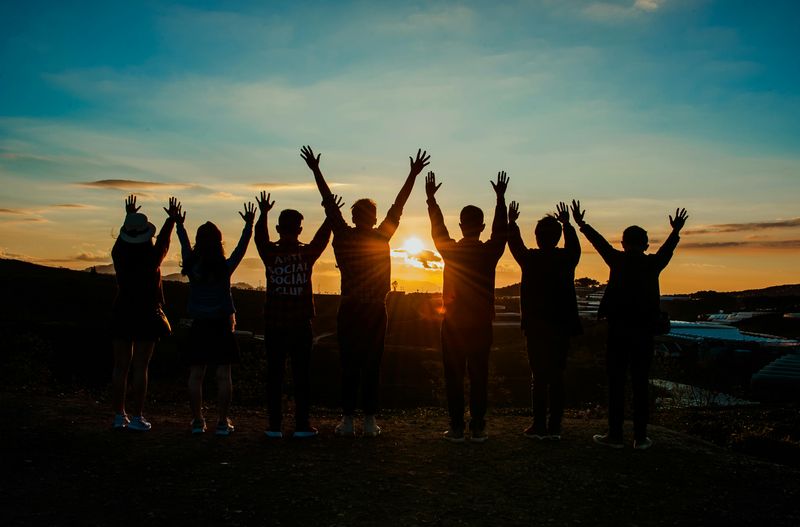
In the 1990s, calling something “tight” was high praise indeed. This versatile slang term described anything impressive, well-executed, or cool – completely opposite from its literal meaning of restrictive or tense.
The expression likely originated in hip-hop culture before spreading to mainstream usage. Your new car could be tight. A friendship could be tight. Even a difficult situation handled well might earn a “That was tight!” Many adults who grew up in the 90s still describe particularly impressive things as “tight,” much to the confusion of younger generations who might think they’re referring to something being restrictive.
16. Wassup

Few slang greetings have achieved the cultural impact of “Wassup” (or “What’s up”). This casual hello reached peak popularity after Budweiser’s 1999 Super Bowl commercial featuring friends shouting the phrase into phones went viral before “viral” was even a thing.
The commercial spawned countless parodies and cemented the greeting in pop culture history. Prior to that, the phrase had been common in urban communities for years. Many millennials still instinctively answer the phone with “Wassup!” when close friends call, sometimes followed by the elongated “Wassuuuuuup!” in homage to the famous commercial.
17. Gettin’ Jiggy
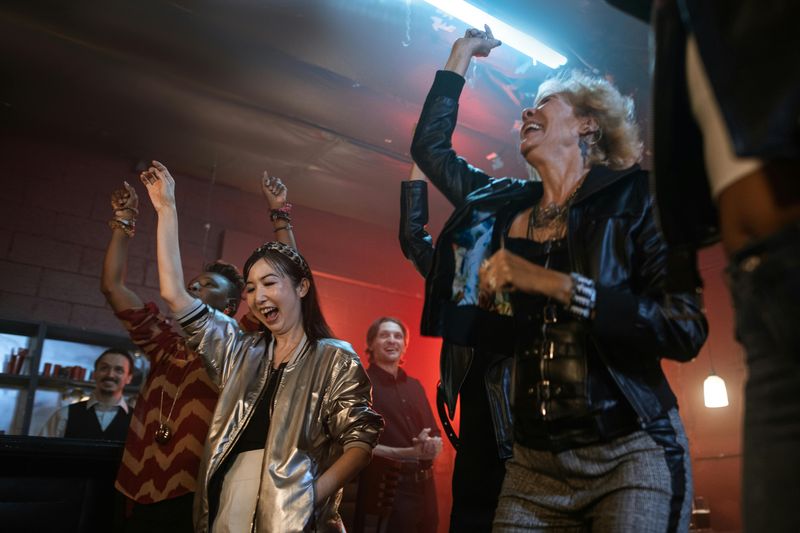
When Will Smith dropped “Gettin’ Jiggy Wit It” in 1997, he also dropped a slang phrase into the national vocabulary that defined late 90s coolness. “Getting jiggy” meant dancing with enthusiasm and style, but quickly expanded to describe anyone having fun or celebrating with flair.
The phrase perfectly captured the optimistic, carefree vibe of the pre-millennium era. Parents embarrassed their teenagers by attempting to use it in conversation. Though rarely heard today, many adults who came of age in the late 90s still can’t help but announce they’re “gettin’ jiggy with it” when a nostalgic song comes on at a wedding or reunion.
18. Fly Girl
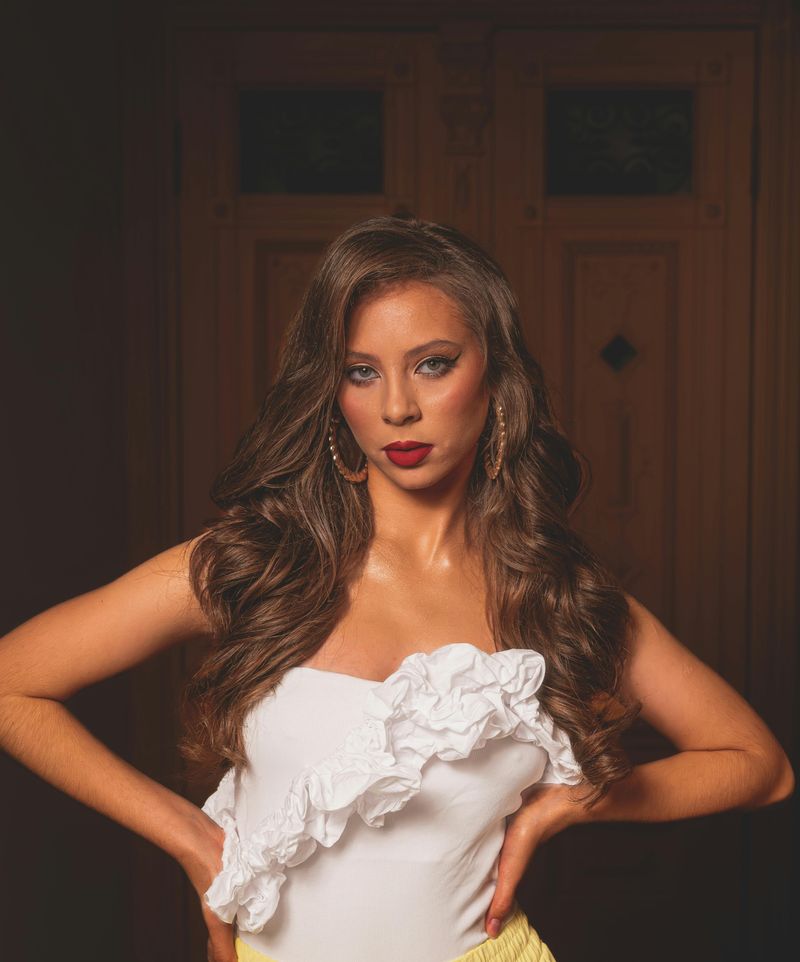
Before “queen” or “baddie” became popular terms for stylish women, there was the “fly girl.” This complimentary phrase emerged from 1980s hip-hop culture, describing a woman with impeccable style, confidence, and attitude.
The term gained mainstream recognition through the TV show “In Living Color” and its dance troupe, “The Fly Girls,” which included a young Jennifer Lopez. Music videos and films of the era frequently referenced fly girls with their fresh fashion and bold personalities. Many women who grew up in this era still proudly identify as “fly girls” at heart, even if their fashion has evolved.
19. No Diggity
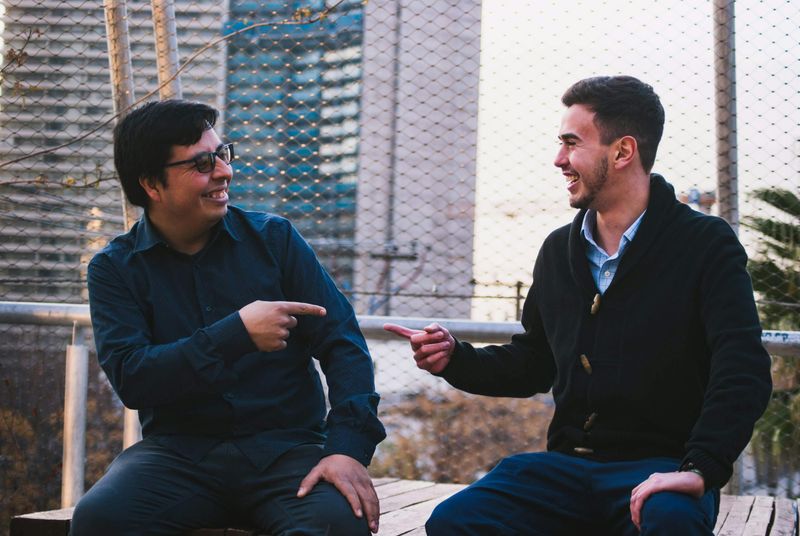
“No Diggity” burst into the slang lexicon in 1996 when Blackstreet released their hit song of the same name. The catchy phrase, meaning “no doubt” or “absolutely,” quickly became a way to express complete confidence or agreement.
The song’s massive popularity ensured the phrase spread across playgrounds, colleges, and offices nationwide. Someone might ask, “You think the Bulls will win tonight?” and the response would be a confident “No diggity!” While usage has declined over decades, many millennials and Gen Xers still drop a “no diggity” in conversation, especially when feeling nostalgic.
20. Home Skillet
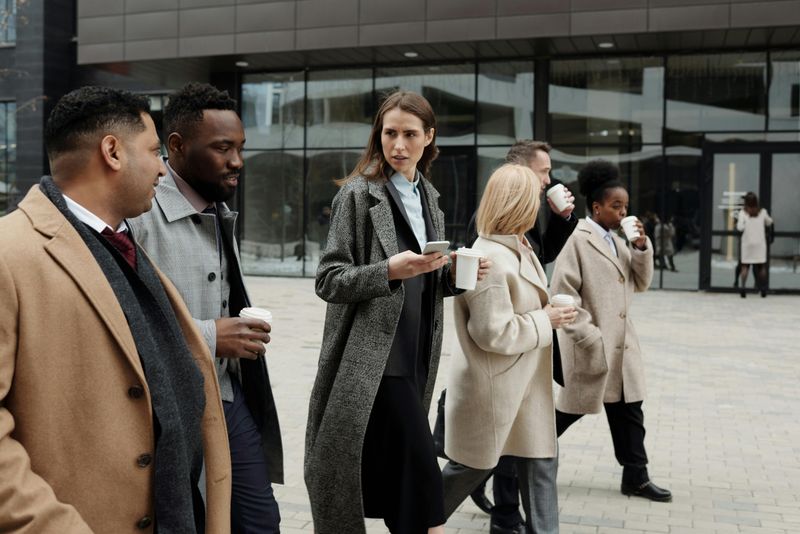
“Home skillet” took friendship terms to a whole new level of culinary creativity in the 1990s. This affectionate nickname for a close friend evolved from earlier terms like “homey” and “homeboy,” adding a playful twist that captured the era’s love of elaborate slang.
The term likely originated in African American communities before spreading through hip-hop music and films. Using it showed both affection and cultural awareness. While rarely heard today, many adults who grew up in the 90s still greet old friends with a nostalgic “What’s up, home skillet?” at reunions, usually followed by knowing laughter.
21. Sup?
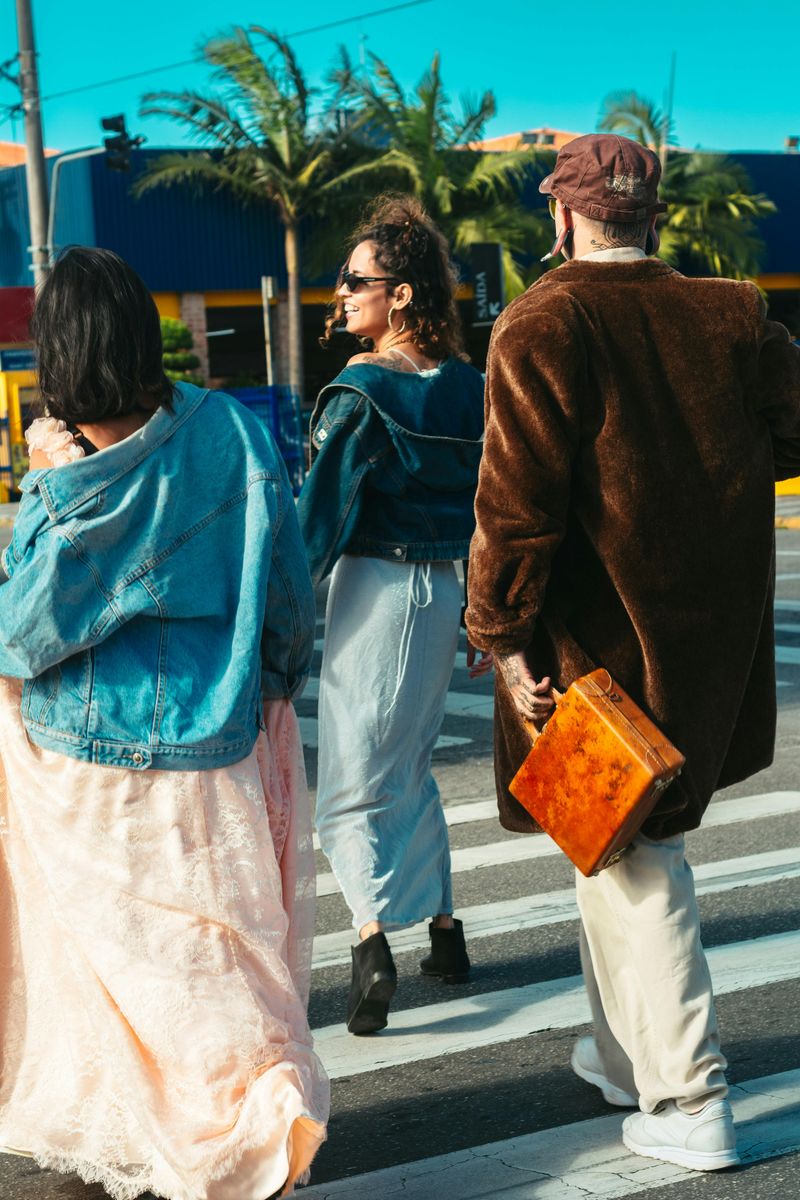
The ultimate minimalist greeting, “Sup?” perfectly captured the effortlessly cool vibe of the 1990s. This abbreviated form of “What’s up?” allowed teens and twenty-somethings to acknowledge each other with minimal effort – often accompanied by a slight chin nod.
The greeting crossed all social boundaries, used by skaters, preppies, and everyone in between. Its beauty lay in its versatility – it could be friendly, neutral, or even confrontational depending on tone. Many millennials and Gen Xers still instinctively greet old friends with a casual “Sup?” – especially when they want to recapture that effortless coolness of their youth.
22. Word to Your Mother
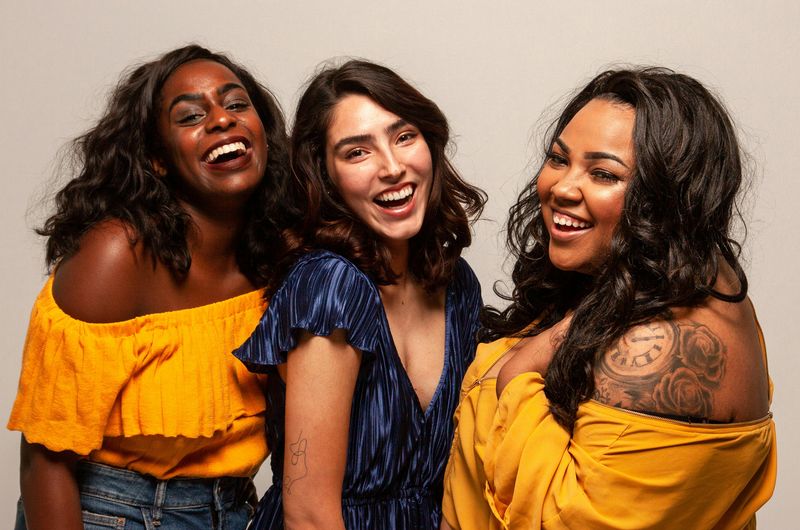
“Word to your mother” emerged as hip-hop’s most creative affirmation in the late 1980s, popularized by rapper Vanilla Ice in his hit “Ice Ice Baby.” The phrase was essentially an emphatic way of saying “That’s the truth” or “I swear,” with the maternal reference adding extra sincerity.
Though many users didn’t fully understand its origins, the catchy phrase spread quickly through pop culture. The expression was often accompanied by exaggerated hand gestures for maximum effect. While usage declined after the early 90s, many adults still occasionally drop a “Word to your mother” when making a strong point, usually with a knowing smile.
23. Kick It
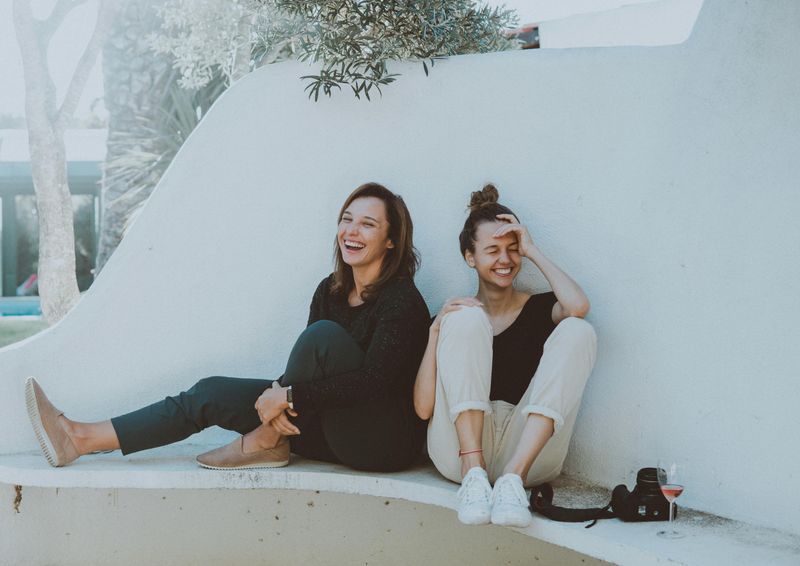
“Want to kick it this weekend?” This laid-back invitation to hang out became the standard way to make plans in the 1990s. Similar to “kickin’ it” but used more specifically as a verb, the phrase perfectly captured the casual social vibe of the era.
The expression appeared in countless song lyrics and teen movies, cementing its place in the slang hall of fame. The beauty of “kicking it” was its flexibility – it could mean anything from watching movies to going to the mall. Many adults who grew up in the 90s still text friends asking if they want to “kick it,” especially when planning a relaxed, no-pressure get-together.
24. Crib

Long before MTV’s “Cribs” showcased celebrity homes, urban youth were already referring to their homes as “cribs.” This creative rebranding of one’s dwelling place emerged from African American communities in the 1980s before going mainstream in the 1990s through hip-hop music and films.
The term added a touch of style to ordinary apartments and houses. “Coming back to my crib” sounded infinitely cooler than “going home.” The slang got an extra boost when MTV launched “Cribs” in 2000. Many millennials and Gen Xers still refer to their homes as their “cribs,” especially when inviting old friends over.
25. Da Bomb
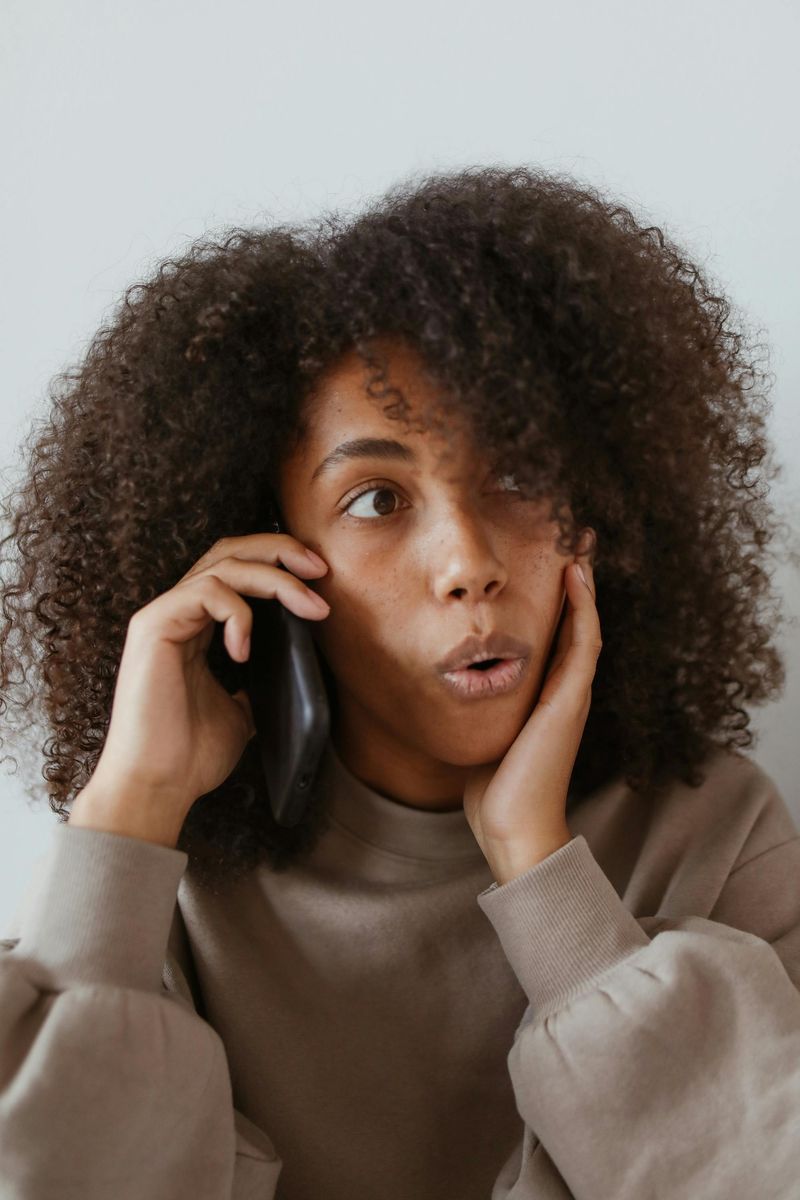
Before things were “epic” or “savage,” they were “da bomb.” This explosive compliment described anything exceptionally impressive during the 1990s. Unlike today’s “bomb” which can have negative connotations, being “da bomb” was the highest praise possible.
The phrase likely evolved from earlier expressions like “you’re the bomb” and gained extra popularity when “da” replaced “the” in urban slang. Your new sneakers, a thrilling movie, or an amazing concert could all be described as “da bomb.” Many 30+ adults still describe particularly impressive things as “da bomb,” much to the embarrassment of their children.

Comments
Loading…